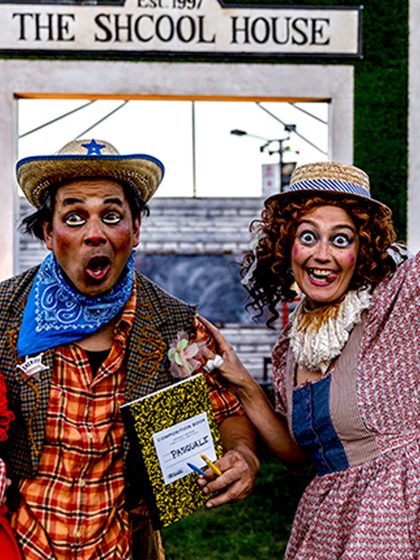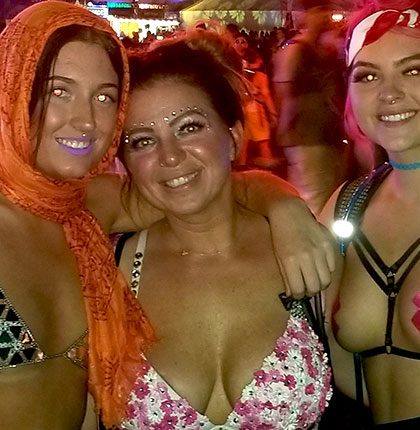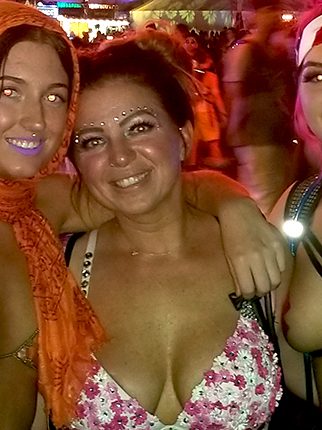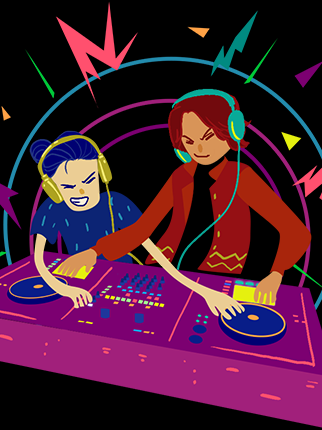4am Eternal: How Extending Last Call Will Impact Clubland
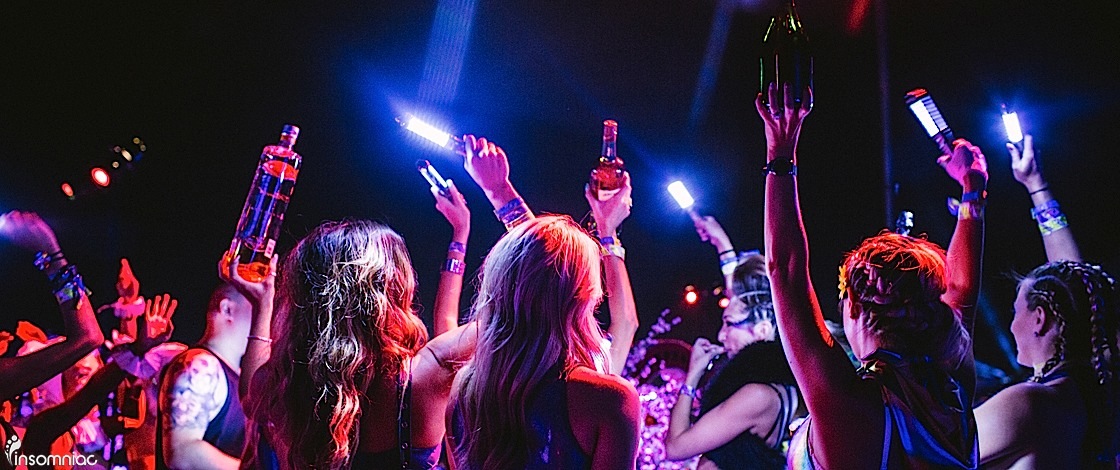
Having a flashlight shone in your eyes and the drink hustled from your hand at 1:55 am is a regular and maligned indignity of clubbing in Los Angeles. The state of California’s restrictive 2am licensing laws almost always top the list of rebuttals when you argue for the scene’s place among the upper echelon of global dance music cities.
While venues like Exchange, Lot 613, and Sound all keep the music playing a further two hours after the taps dry, the rapid deterioration in vibe and energy of the dancefloor often makes it feel futile. Couple that with having a disproportionately vibrant illegal scene—which unquestionably benefits from the clubs’ legal restrictions—and you get a sense of the challenging landscape of club culture in Los Angeles.
But new legislation has just passed through the California Senate, proposing that certain areas of the state could opt to have a 4am last call, making the chance of us having a fabric, Gashouder or Berghain in Los Angeles or San Francisco seem less delusional.
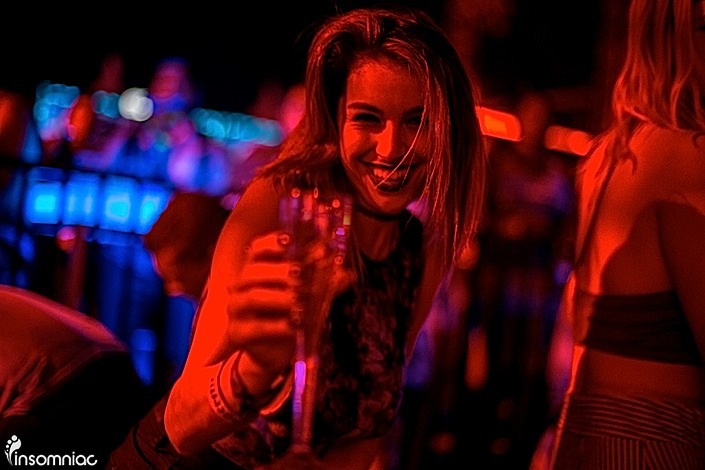
As it stands, the Let Our Communities Adjust Late Night Act (LOCAL) bill—which was drafted by California State Senator Scott Wiener (D–San Francisco)—will empower communities to allow whether or not they want to extend the drinking hours, an important distinction from previous bills that have failed. That means that Downtown L.A. and Hollywood could both keep the drinks flowing and the party going until 4am, but some suburb of Fresno, for example, could keep it at 2am without the irrational fear of becoming overrun with liquored revelers.
Wiener said in a statement, “The LOCAL Act recognizes that nightlife is critical to the culture and economy of many cities throughout our large and diverse state, and that local communities can make responsible decisions to support nightlife, if that’s the choice they want to make.”
And he’s right. It’s bad business to obstruct popular nightlife areas like DTLA, WeHo, the Gaslamp District in San Diego, and the Mission in San Francisco from being able to economically and culturally benefit from an extra couple of hours of fun. People live in those areas because they like bars and clubs, and people move to a suburb when they decide that they are going to hang up their LED shuffle kicks and move out to pasture.
For people within the electronic music scene, this seems like a no-brainer: Two extra hours of taxable drinking works for the clubbers, works for the businesses, and works for the state’s coffers. But there is opposition to making the Golden State that bit more nocturnal, and it comes from a well-funded group of concerned mothers.
Lobbying group Mothers Against Drunk Driving (MADD) are fervently opposed to any loosening of regulation around alcohol consumption, and in 2013, they thwarted Wiener’s predecessor Sen. Mark Leno’s attempt to get the state to 4am.
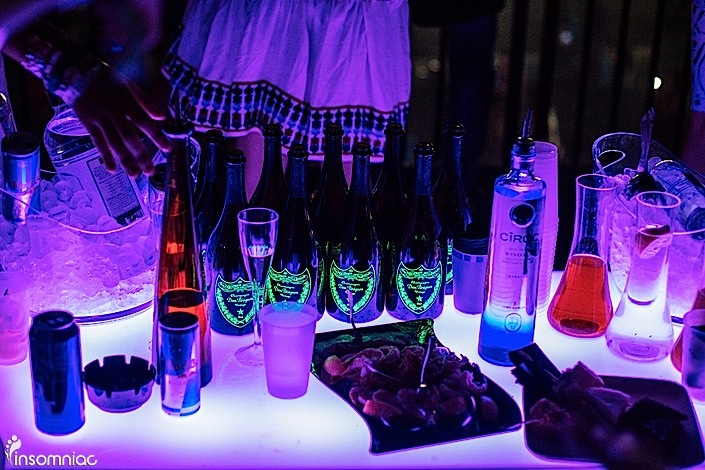
“MADD supports uniform closing times for establishments that serve alcohol to avoid creating the dangerous possibility that patrons will bar-hop for that one last drink—a dangerous scenario that all too often increases the risk of drunk driving,” MAAD’s national spokesperson Becky Iannotta told LA Weekly.
While there will likely be significant pushback from MAAD if the bill continues to make steady progress, their main argument—more drinking means more drunk drivers—has been almost defanged by the ubiquity of ridesharing apps like Uber and Lyft.
In just a few short years, the notion of driving to the club has gone from being a perilous necessity to a simple—but crucial—decision. Uber now services more than 5.5 million rides per day, and an independent study from the City University of New York (CUNY) showed that drunk-driving-related accidents in NYC went down by 25 to 35 percent since Uber launched in 2011.
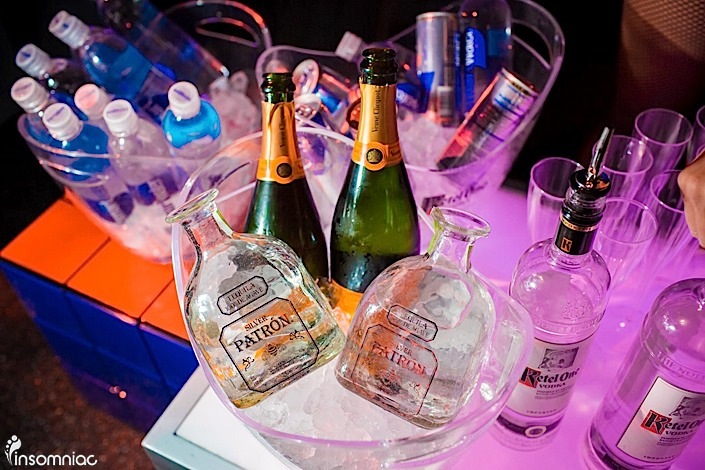
Interestingly, Uber has partnered up with MADD in a bid to reduce drunk driving. A joint study from the pair in 2015 found a spike in ridership at times when drunk driving was most prevalent. But since Uber stands to gain quite a bit from extending drinking hours, I’d be curious to see how that partnership holds up during this debate.
Evidence from European cities like Amsterdam and Berlin clearly shows that 24-hour licenses actually bring about a reduction in crime, as it allows a more even flow of people leaving pubs and clubs, as opposed to abruptly shutting people out at 2am. Berlin has probably the most enviable operating conditions for clubbing in the world, and those within its thriving nightlife industry often point to lenient licensing laws as the root of that.
“Rules and regulations are limiting the vibrancy of nighttime economies. Berlin has had 24-hour licensing since 1949, and this was the cornerstone of a distinctive and diverse cultural scene,” said Lutz Leichsenring, spokesperson for the Berlin Clubcommission, a 120-member lobby group set up in 2002 to fight on behalf of the club scene. “Unlike other cities, Berliners celebrate music and art round the clock, and at all hours of the day. That’s probably the most important factor in our scene’s health.”
While the legal venues will be almost unanimous in their support of LOCAL, it’s difficult to know what the underground thinks about this. The promoters don’t really talk to journalists anymore—and that’s completely understandable. In the aftermath of Oakland’s Ghost Ship tragedy last December, the Los Angeles Times’ sanctimonious earthquake and rave death reporter Rong-Gong Lin II teamed up with a band of undercover journalists and infiltrated the underground scene. In language and tone reminiscent of the sensationalist “Do you know where your children are?” ‘90s news reports on rave culture, the article laid out a nightmarish web of underground disasters waiting to happen.
That piece suddenly put a lot of unwanted attention on L.A.’s illegal scene and forced it to confront its omnipresent dilemma: Do we continue to operate as we do, only deeper in the shadows, or do we find somewhere legal, affect our margins, and compromise the quality of the party? Because even if your newly legal club night is the sickest in the land, when the clock strikes 2am, your crowd is getting ready to move on and head back to the underground from which you came.
LOCAL could help to solve that problem. It was drafted in response to the Ghost Ship tragedy, with the predicted knock-on effect of longer opening hours leading to fewer unregulated, underground venues. Theoretically that makes sense, and in practice it will probably convince some promoters to bring their parties overground—but you won’t convince everyone. People like to dance and drink until whatever hour they want, and that extra two hours might mean that people go out two hours later and stay out two hours longer, like in Europe or New York. In that case, the underground will be there waiting for you when the drinks stop flowing at 4am.
To summarize, here’s what you need to know about LOCAL:
If passed, LOCAL will mean that some of your favorite party districts in California will be able to serve drinks for another couple of hours. It’s great news for clubs, clubbers, bars, DJs, agents, venue staff, and Lyft and Uber drivers. There’s a chance we’ll be able to get a world-class club, or have one of our already good clubs make the step up. The state makes more money, and tourist boards can legitimately advertise Los Angeles and San Francisco internationally as nightlife-friendly cities, reaping the benefits of people flying in for weekenders.
This bill is bad for anyone who feels like an extra couple of hours will inevitably result in drunker people roaming the streets, be it recklessly in a car or aggressively on foot. Anyone who moved into a “party” district like Downtown Los Angeles in their prime, but is starting to grow weary of the noise and nightly riff-raff, won’t be supportive of LOCAL. But frankly, you moved Downtown because it was fun and you were fun. If every night’s an early night these days, then perhaps you should move the suburbs.

